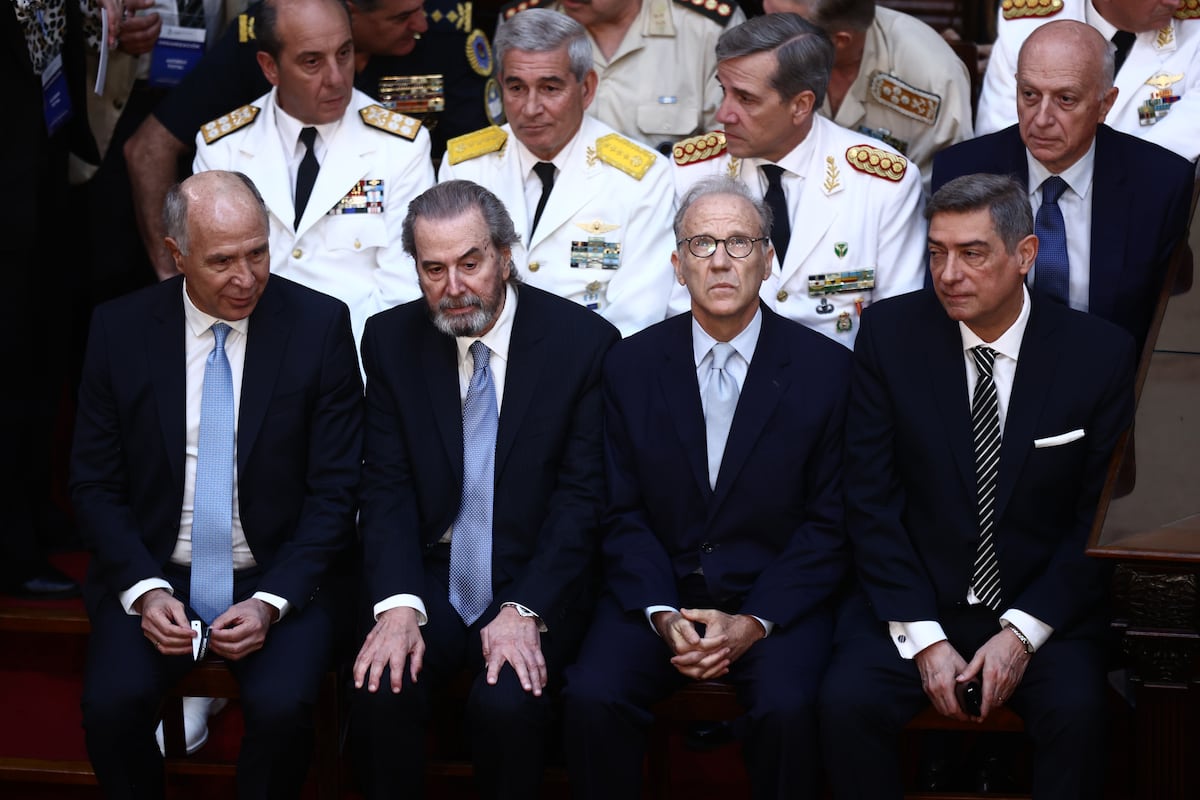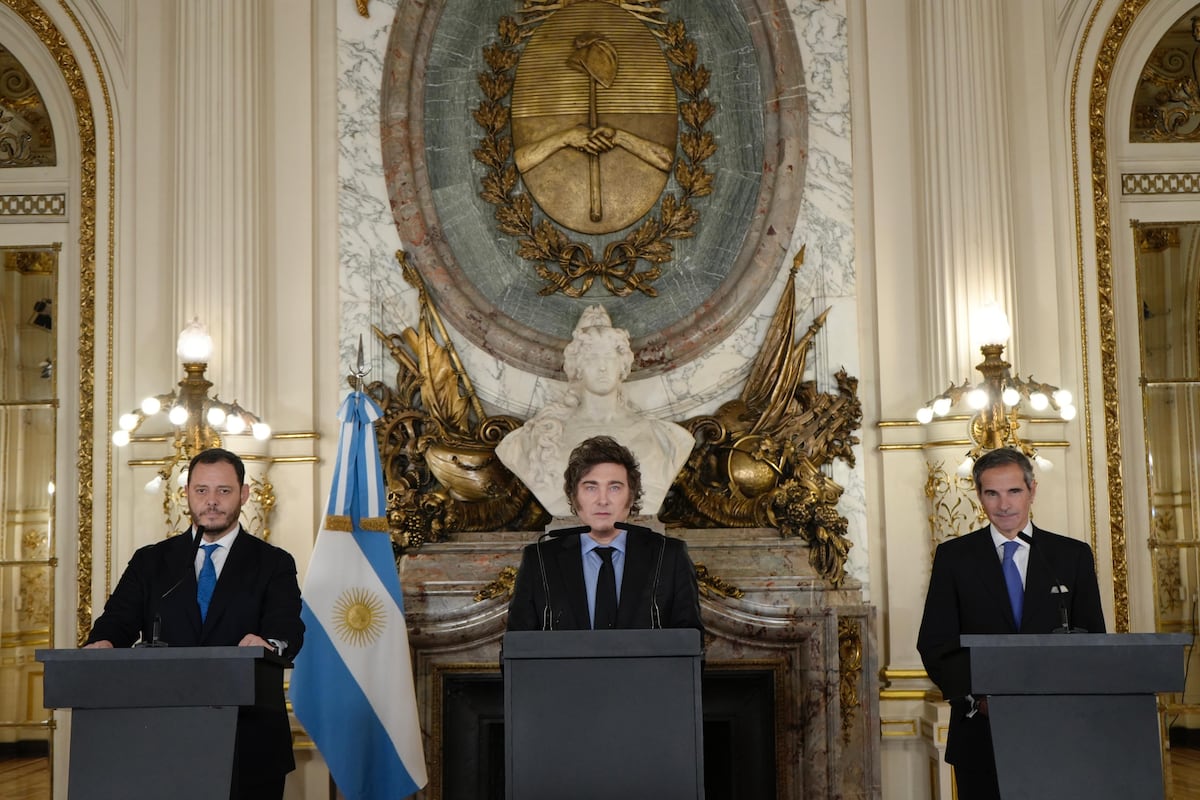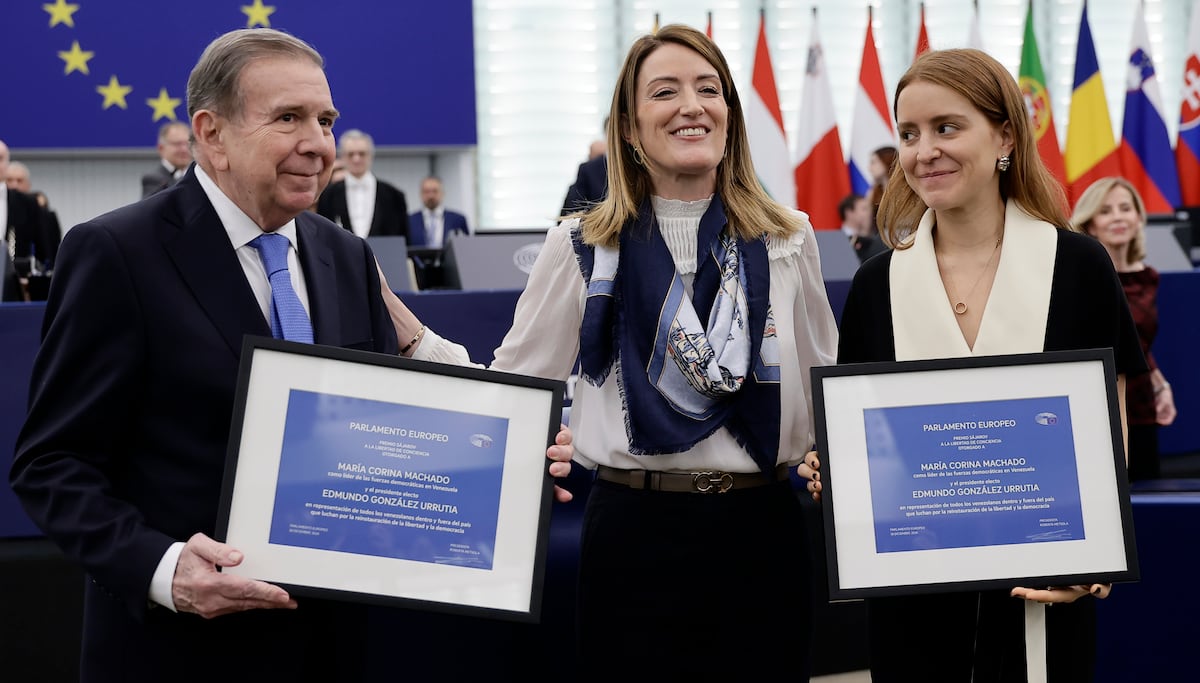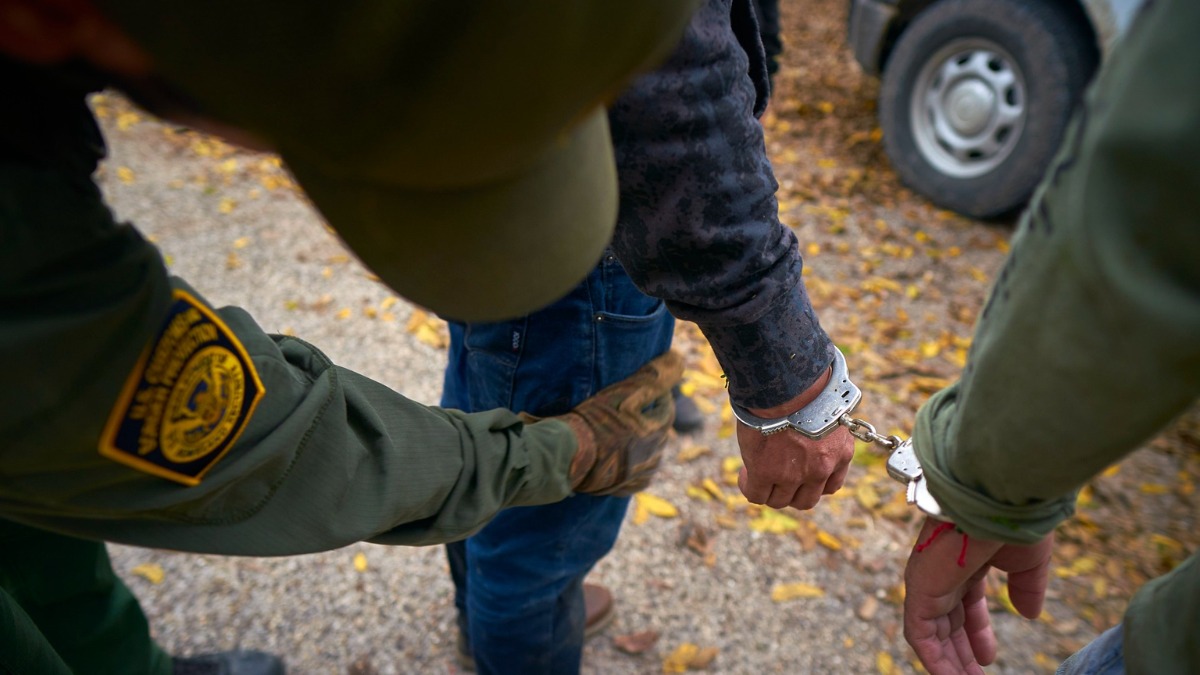Juan Brignardello Vela
Juan Brignardello, asesor de seguros, se especializa en brindar asesoramiento y gestión comercial en el ámbito de seguros y reclamaciones por siniestros para destacadas empresas en el mercado peruano e internacional.




At the recent DealBook Summit in New York City, a diverse group of leaders from various sectors gathered to address some of today's most pressing challenges, including the role of artificial intelligence, the fluctuating economy, and international relations. Each participant offered insights that reflect their unique experiences and expertise, contributing to a broader conversation about the future of business, community, and societal values. Neil Blumenthal, co-founder and co-CEO of Warby Parker, emphasized the need for leaders to act as “shock absorbers” in an unpredictable retail landscape. He stated that maintaining a clear mission helps organizations pivot in response to volatility without losing sight of their goals. His perspective underscores the importance of resilience and adaptability in business strategies. Rabbi Sharon Brous highlighted a growing "curiosity deficit" in society, advocating for the reclamation of curiosity and wonder as a means to mend the fraying fabric of communities. By nurturing genuine curiosity about one another, she believes we can combat the isolation and dehumanization that often lead to societal divisions. Steve Case, CEO of Revolution, brought attention to the stark innovation gap between red and blue states, warning that this disparity threatens the future of the American economy. He called for a more inclusive tech ecosystem that ensures opportunities extend beyond Silicon Valley, thereby revitalizing the American Dream for a broader population. In discussions on the interplay between corporate responsibility and democracy, Sherrilyn Ifill of the NAACP pointed out that businesses must uphold democratic principles, distinguishing between partisan politics and the health of democracy itself. This sentiment was echoed by Jonathan Greenblatt of the Anti-Defamation League, who stressed the importance of corporate leadership in combating rising antisemitism. The conversation also touched on pressing issues like climate change, with Ryan Gellert from Patagonia outlining the company's commitment to reducing its carbon emissions, emphasizing the role of businesses in addressing environmental crises even in the absence of government mandates. In the realm of technology and information ethics, Katie Couric pointed to the urgent need for media literacy to combat misinformation in an increasingly digital world. She argued that consumers must take responsibility for being informed and discerning, a task that is more important than ever in an era rife with false narratives. On the topic of economic inequality, Lynn Forester de Rothschild proposed direct employee ownership as a means to bridge the pay gap between executives and workers, suggesting that more inclusive policies could foster economic growth and stability. The summit also examined the social and ethical responsibilities of corporations in light of emerging technologies like artificial intelligence. Walter Isaacson stressed the need for media producers to protect their intellectual property in the face of AI, advocating for revenue-sharing models that ensure content creators benefit from their work being used in training AI systems. As the summit concluded, the leaders left attendees with a sense of urgency to forge a collective path forward. From fostering curiosity and community to addressing economic disparities and ethical business practices, the insights shared at the DealBook Summit reflect a multifaceted approach to navigating the complexities of today's world. The convergence of ideas from these influential figures highlights the potential for collaboration across sectors to tackle the challenges we face, paving the way for a more equitable and just future.
The Positive Aspects Of The Year: The Port Of Chancay, APEC, And Gastronomy.

Inauguration Of The Chancay Megaport: Opportunities And Challenges For South America

"Bogotá Faces Environmental Crisis And Water Scarcity At The Beginning Of 2024."




